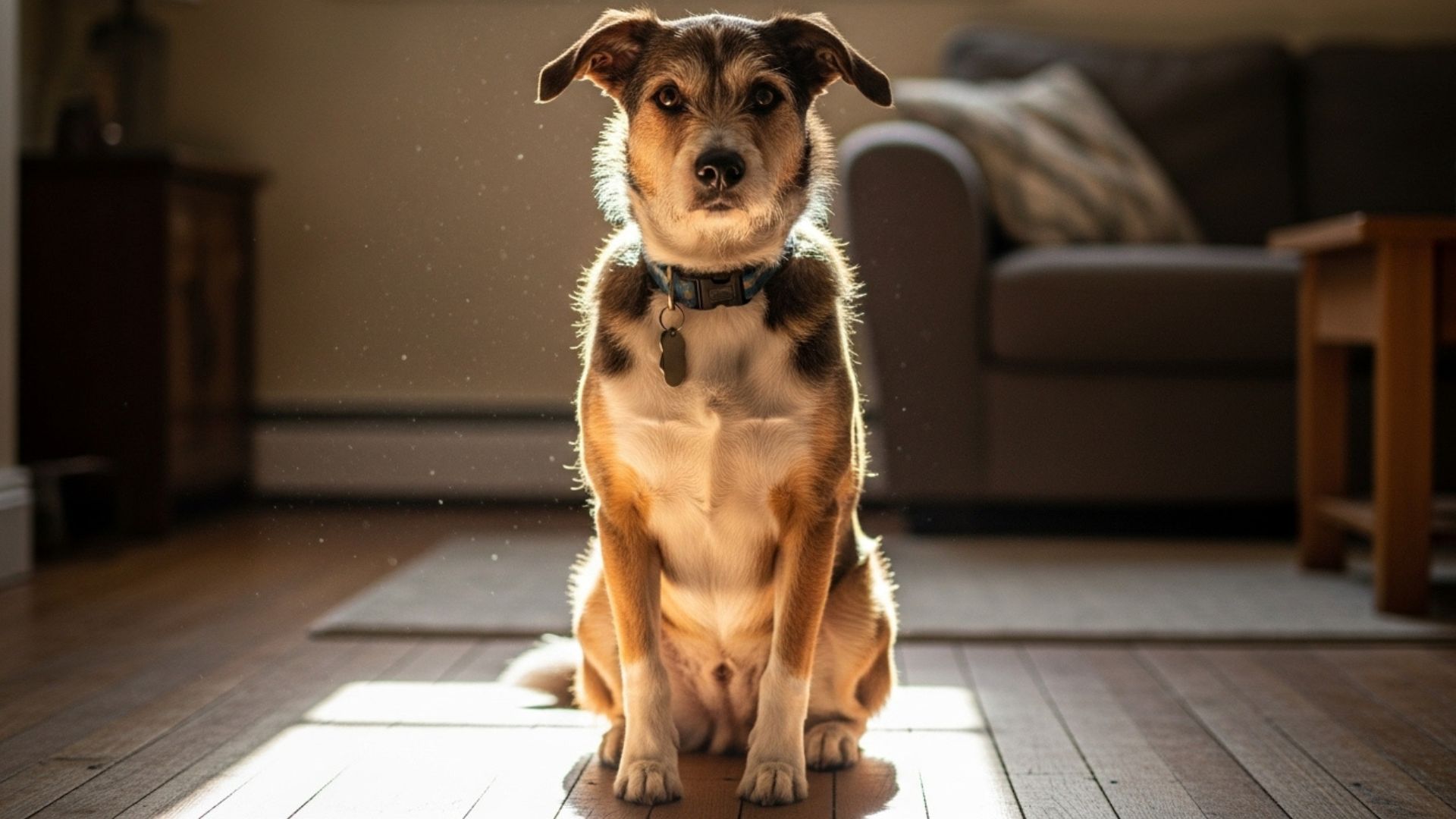Not every dog needs to be loud and energetic to be a perfect companion. Some of the most loyal and loving dogs are surprisingly quiet, content with simply being by your side.
These understated breeds may not demand attention with barking or exuberant energy, but their calm nature and deep connection to their owners make them some of the most cherished pets.
These quiet dogs are often underestimated for their calm demeanor, but they make ideal companions for those looking for a peaceful, easygoing pet. Their quiet presence is often the perfect balance for busy homes or apartment living.
In this article, we’ll take a closer look at some of the most underrated quiet dog breeds, celebrating their calm and steady temperaments. These dogs may not always steal the spotlight, but their gentle, loving nature makes them ideal companions for anyone seeking a peaceful and low-maintenance pet.
Discover the underrated quiet dog breeds that offer loyalty, love, and calm without all the barking.
Underestimated Quiet Dog Breeds
1. Basenji
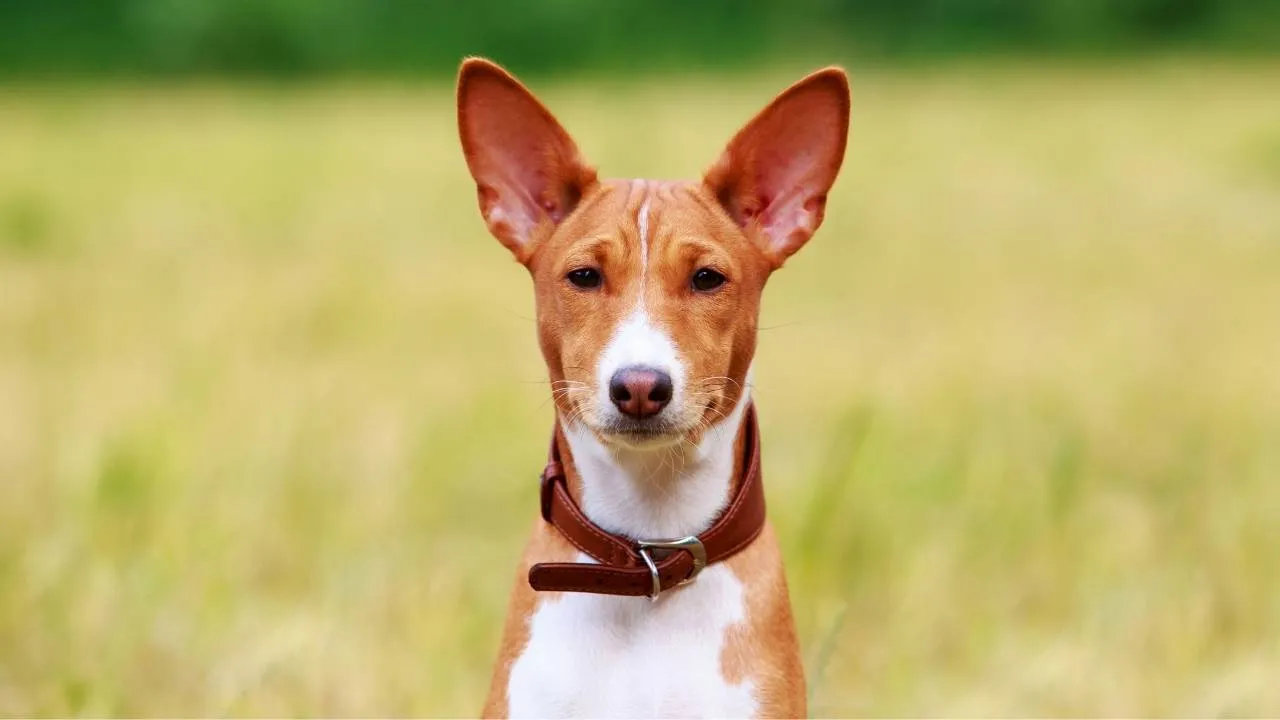
A Timeless Companion: The Basenji’s Rich History
The Basenji’s lineage dates back over 4,500 years, making it one of the unique and oldest breeds still in existence, as per Purina. Revered by ancient Egyptians, these dogs were immortalized in art, often depicted alongside pharaohs.
Originally bred as agile hunters across Africa, they remain true to their roots as both sighthounds and scenthounds.
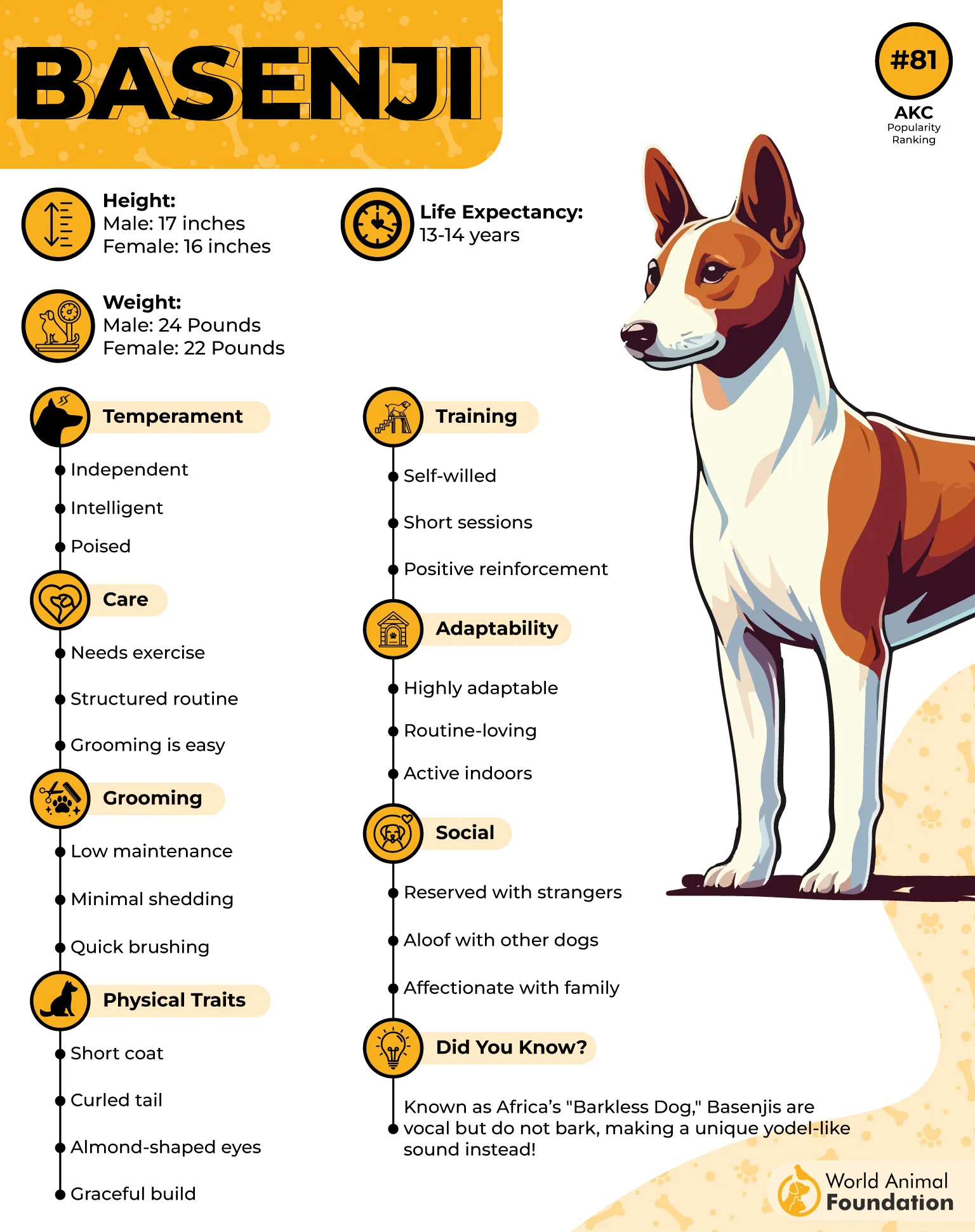
Quiet Yet Expressive: The Mystery of Their Silent Nature
Known as Africa’s ‘Barkless Dog,’ the Basenji is a quiet soul in a noisy world. Despite their silence, Basenjis are far from aloof—they express their emotions in ways that captivate and surprise, often with the intensity of a gaze or an unexpected sound.
A Challenge Worth the Effort
Training a Basenji is no simple task. With their independent streak and intelligence, these dogs often view obedience as optional. They are not easily swayed by conventional methods and require a handler with patience, skill, and an understanding of their unique temperament.
2. Whippet
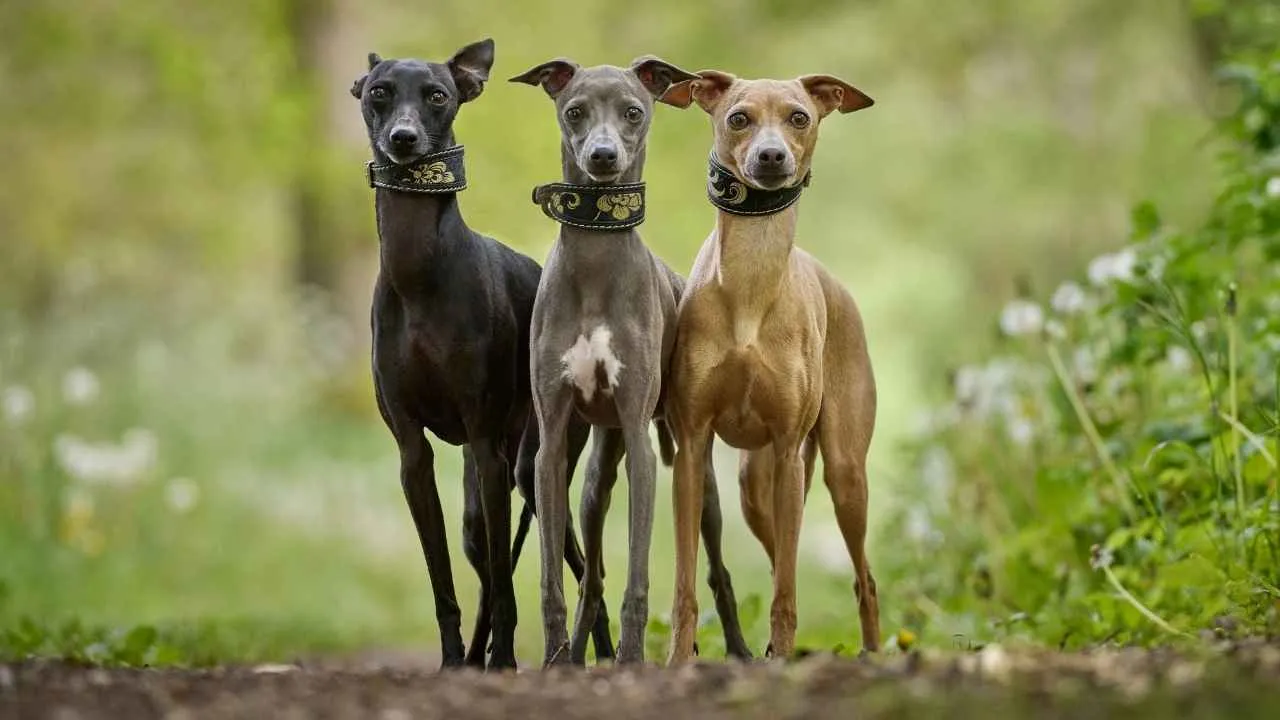
A Legacy of Speed
The Whippet, often considered a miniature Greyhound, has a heritage rooted in the pursuit of speed. Originally bred as a hunting dog and for racing, these agile dogs are built for swift sprints, with a streamlined body designed for maximum velocity, according to the AKC.
Although their athleticism is unmatched, Whippets are equally known for their tender, gentle nature.
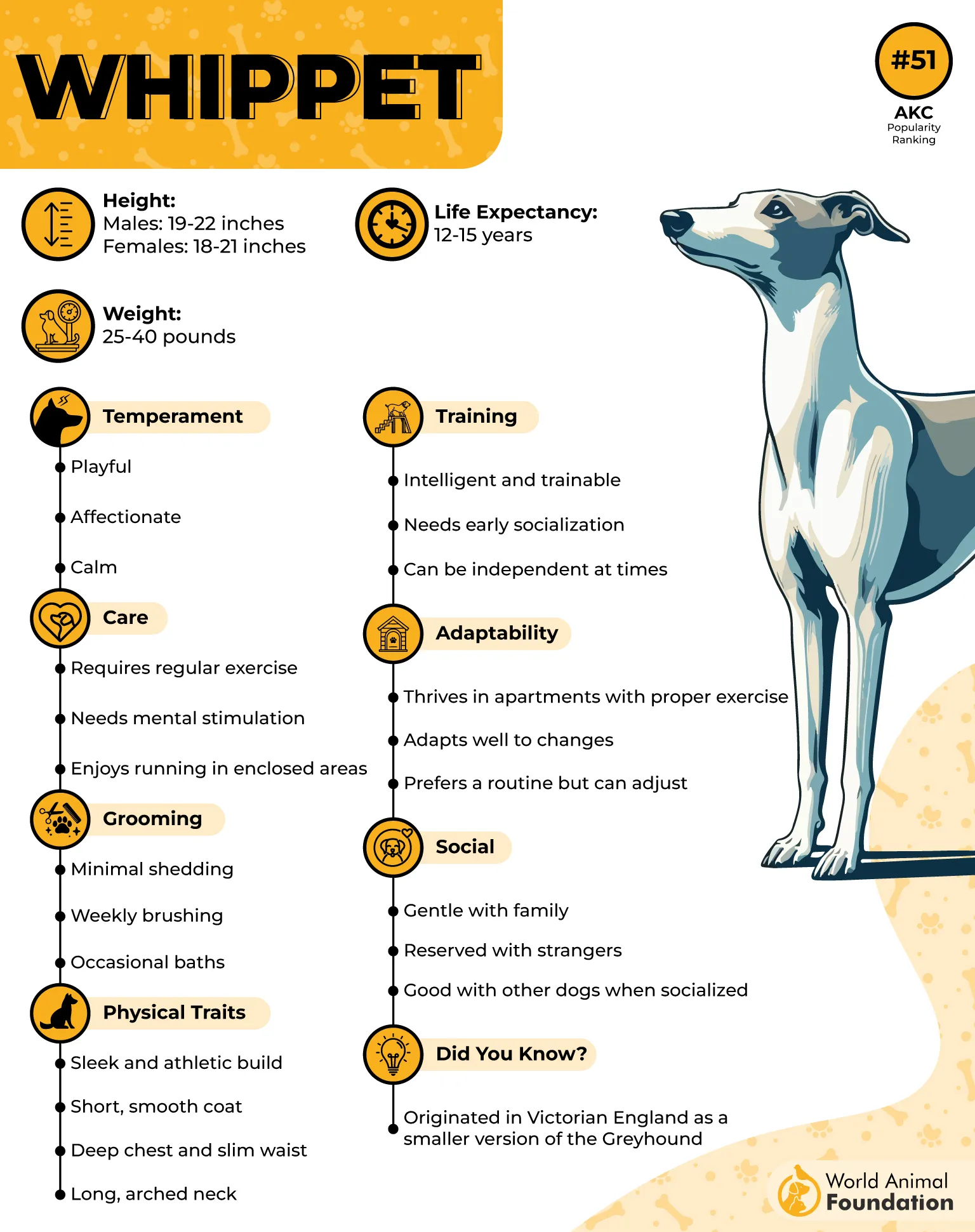
Quiet but Affectionate: The Whippet’s Unspoken Bond
Though the Whippet’s heart races when it’s time to run, inside the home, this dog is the embodiment of tranquility. Quiet and reserved, Whippets rarely bark unless something truly captures their attention. They’re not big on socializing with strangers but are fiercely affectionate with their families.
Training the Whippet’s Sensitive Mind
Training a Whippet requires a good deal of patience and persistence. While they are intelligent, they tend to be a bit slow when it comes to learning new commands, which can frustrate first-time owners.
Positive, reward-based methods are essential for success, and early socialization is crucial for building their confidence.
3. Cavalier King Charles Spaniel
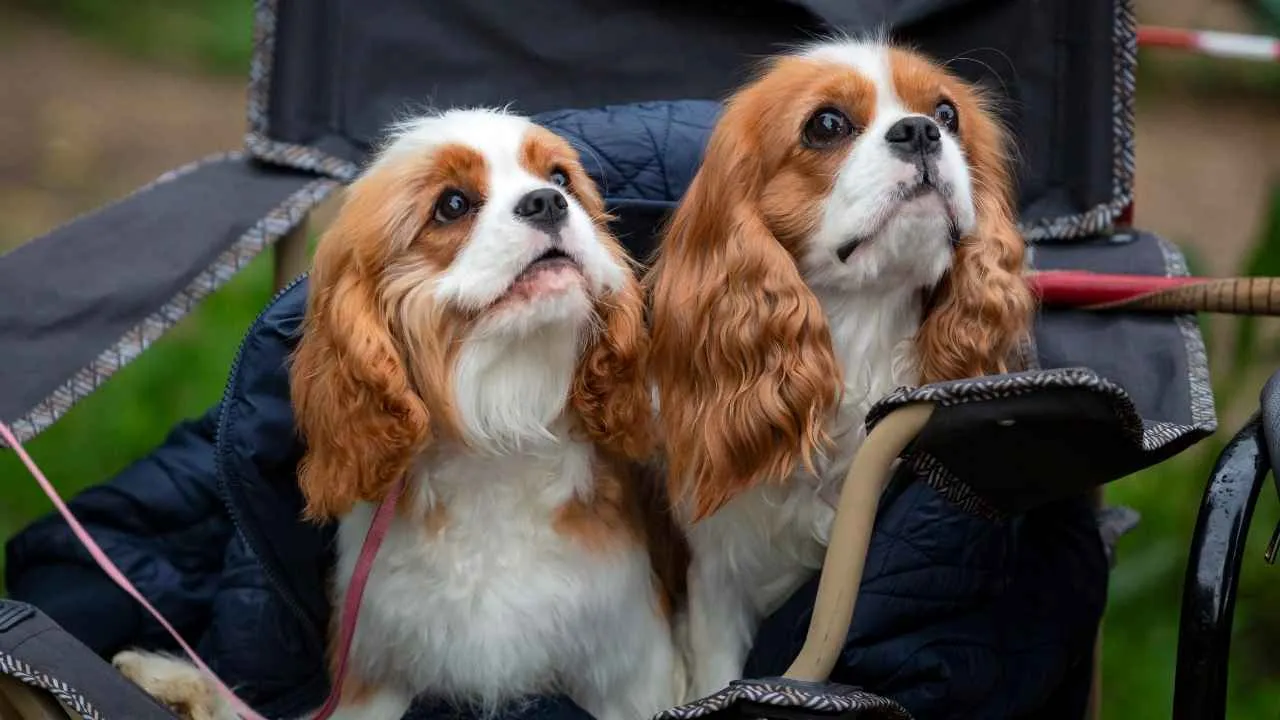
The History of the Cavalier King Charles Spaniel
Named after British royalty, the Cavalier King Charles Spaniel has a noble lineage dating back to the 17th century. King Charles I and his son Charles II were devoted to these sweet-natured dogs, often taking them to royal gatherings and even Parliament, according to PetMD.
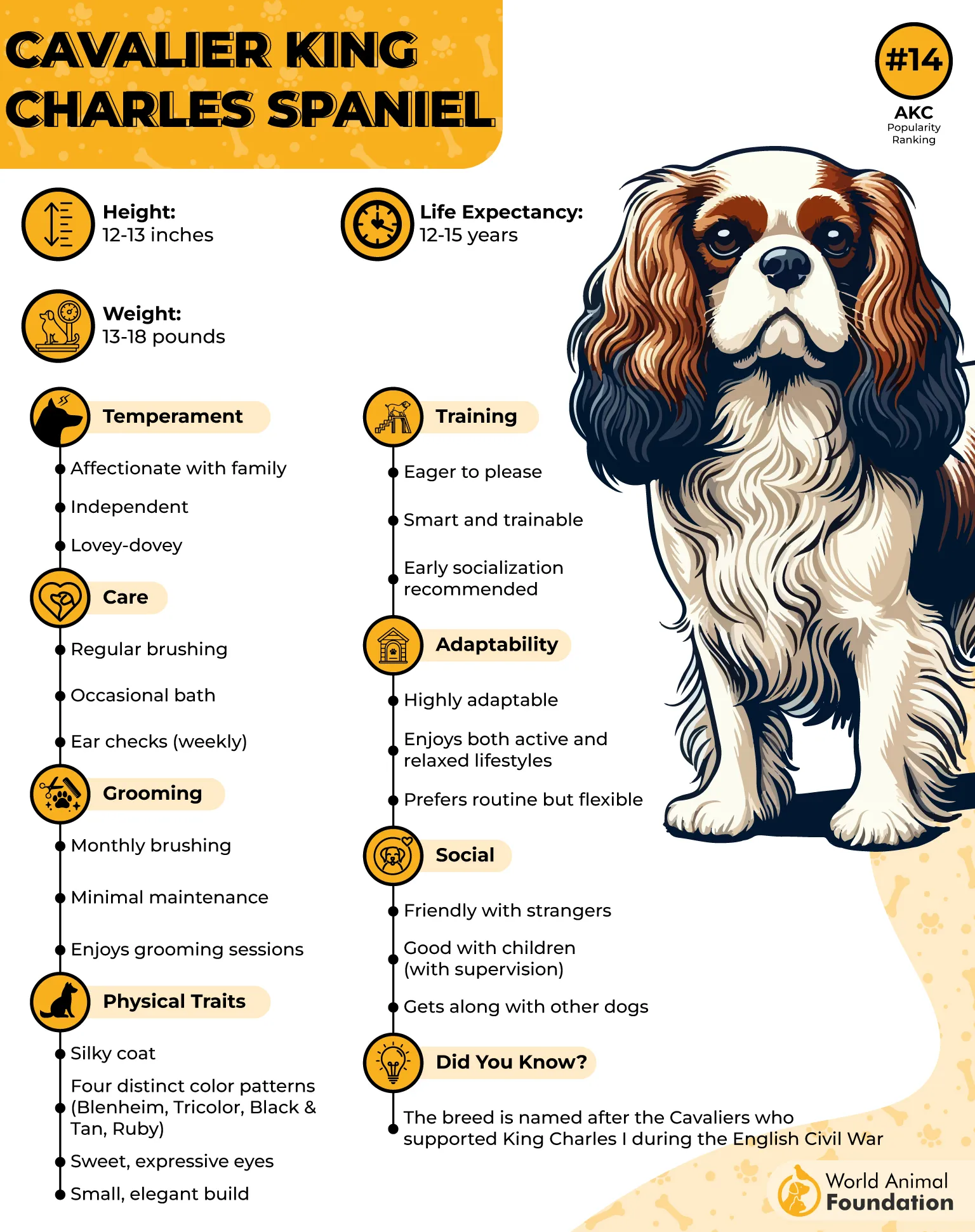
A Heart of Gold: The Cavalier’s Gentle, Quiet Nature
The Cavalier King Charles Spaniel’s personality is the epitome of warmth and affection. This breed is known for its friendly disposition, always eager to please and quick to form bonds with both family members and strangers alike.
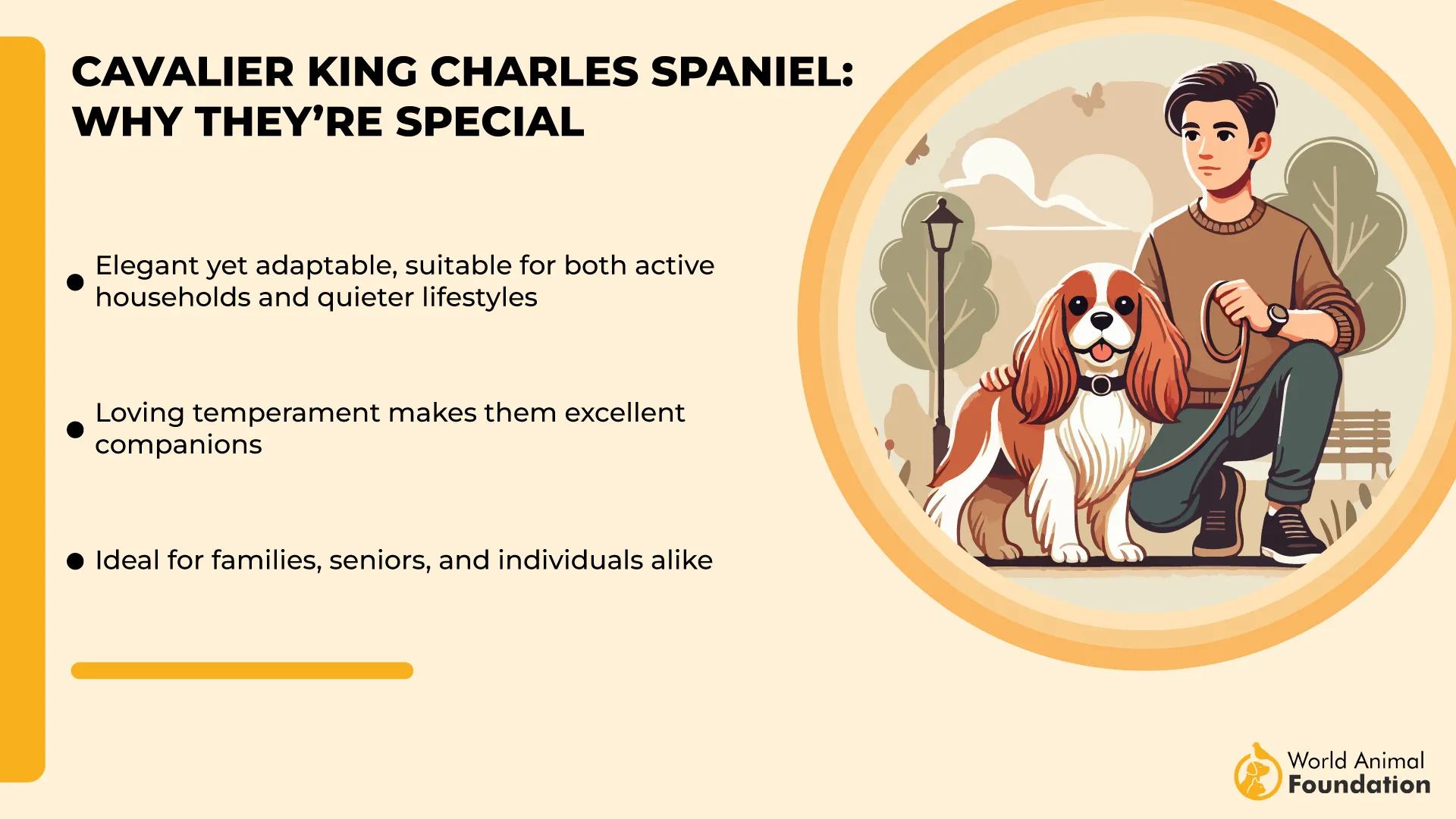
Though not typically barkers, their calm and quiet nature makes them excellent companions, but not suited for guard duty.
Nurturing the Cavalier’s Smart Nature
Their intelligence and desire to make their owners happy make them stars in obedience training and dog sports like agility. Early socialization is key, ensuring they grow up confident and adaptable.
With positive reinforcement and love, your Cavalier will blossom into a well-mannered companion, always eager to share in your day-to-day adventures.
4. Greyhound

The Greyhound’s Majestic History
The Greyhound has a history that stretches back over 6,000 years, making it one of the oldest and most revered breeds. Known as the “racehorses” of the dog world, these dogs were once used by royalty for coursing game like antelopes and wolves.
Their sleek, aerodynamic bodies made them the perfect hunting companion, and even today, they are admired for their graceful form.
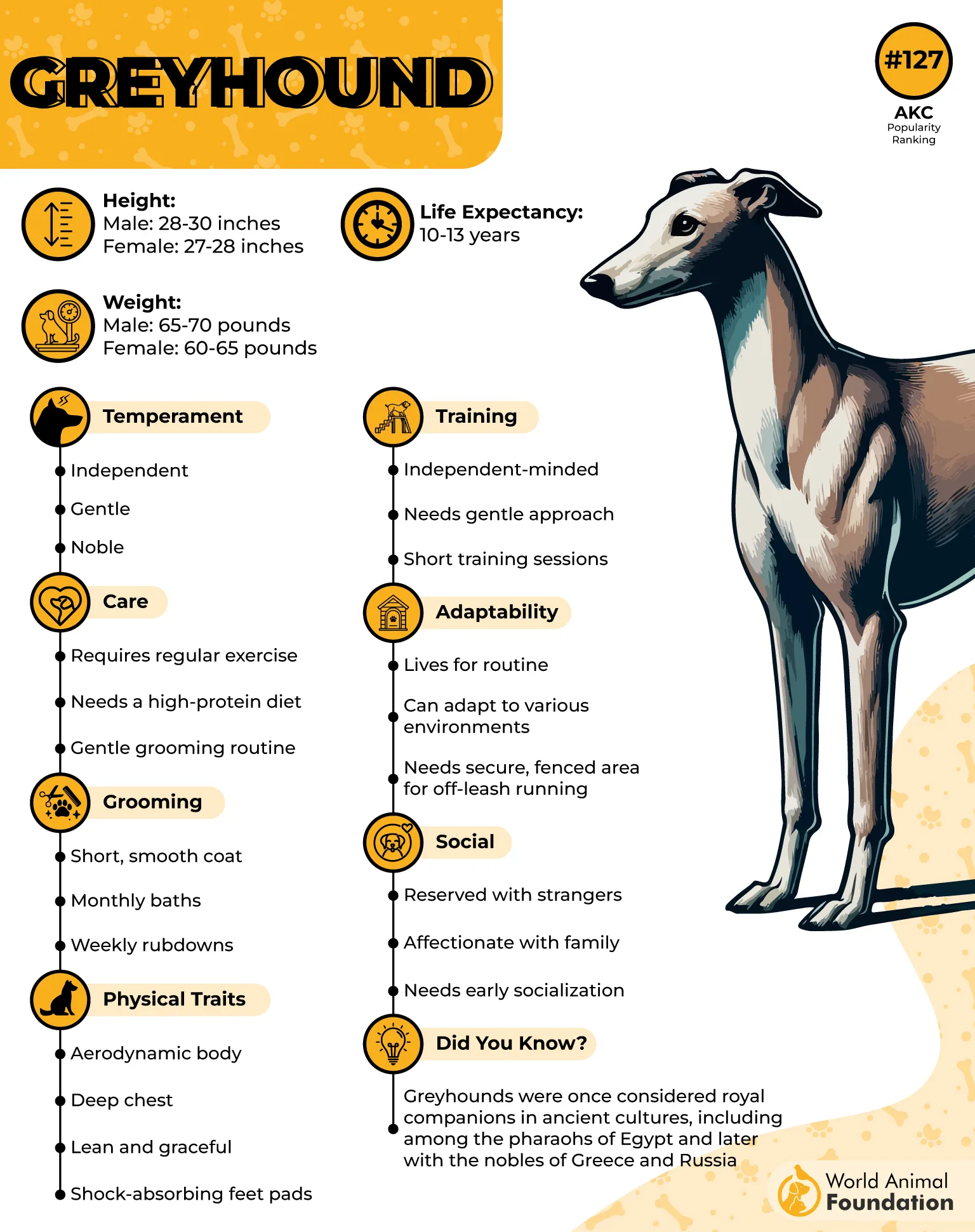
The Greyhound’s Calm, Quiet Nature
Despite their speed, Greyhounds are paradoxically calm and laid-back at home. With their gentle temperament, they are often described as the “quiet companion,” content to lounge for hours after a run.
Training the Independent Sprinter
Training a Greyhound is a delicate balance between respect for their independent nature and fostering basic obedience. While they are intelligent, Greyhounds do not have a strong desire to please in the way some other breeds do.
Their natural hunting instinct means recall training should be approached with care, as they are unlikely to come when called if there is something more interesting to chase.
5. Shiba Inu
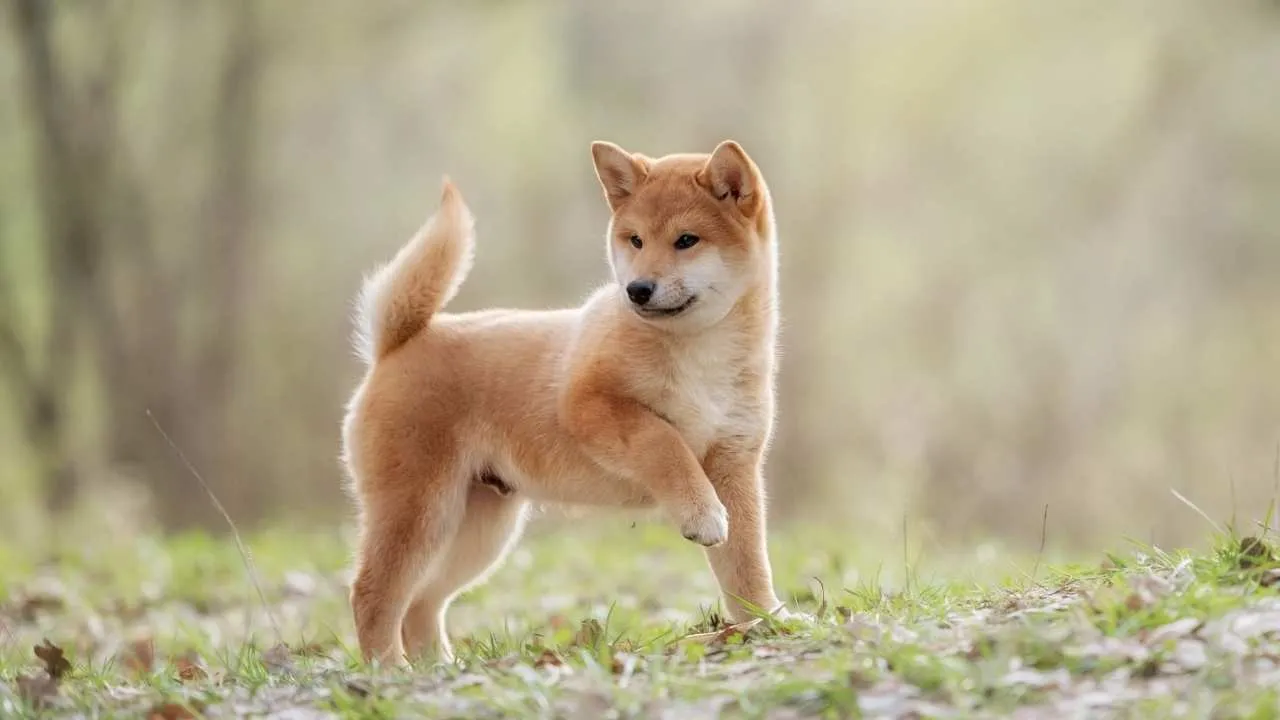
A Noble Legacy
The Shiba Inu’s history dates back over 2,000 years to ancient Japan, where it was bred to flush small game from brushwood, as per Britannica. The name “Shiba” is thought to refer to either the dog’s reddish coat or its ability to navigate through dense brush.
Today, the Shiba Inu remains one of Japan’s most beloved national treasures.
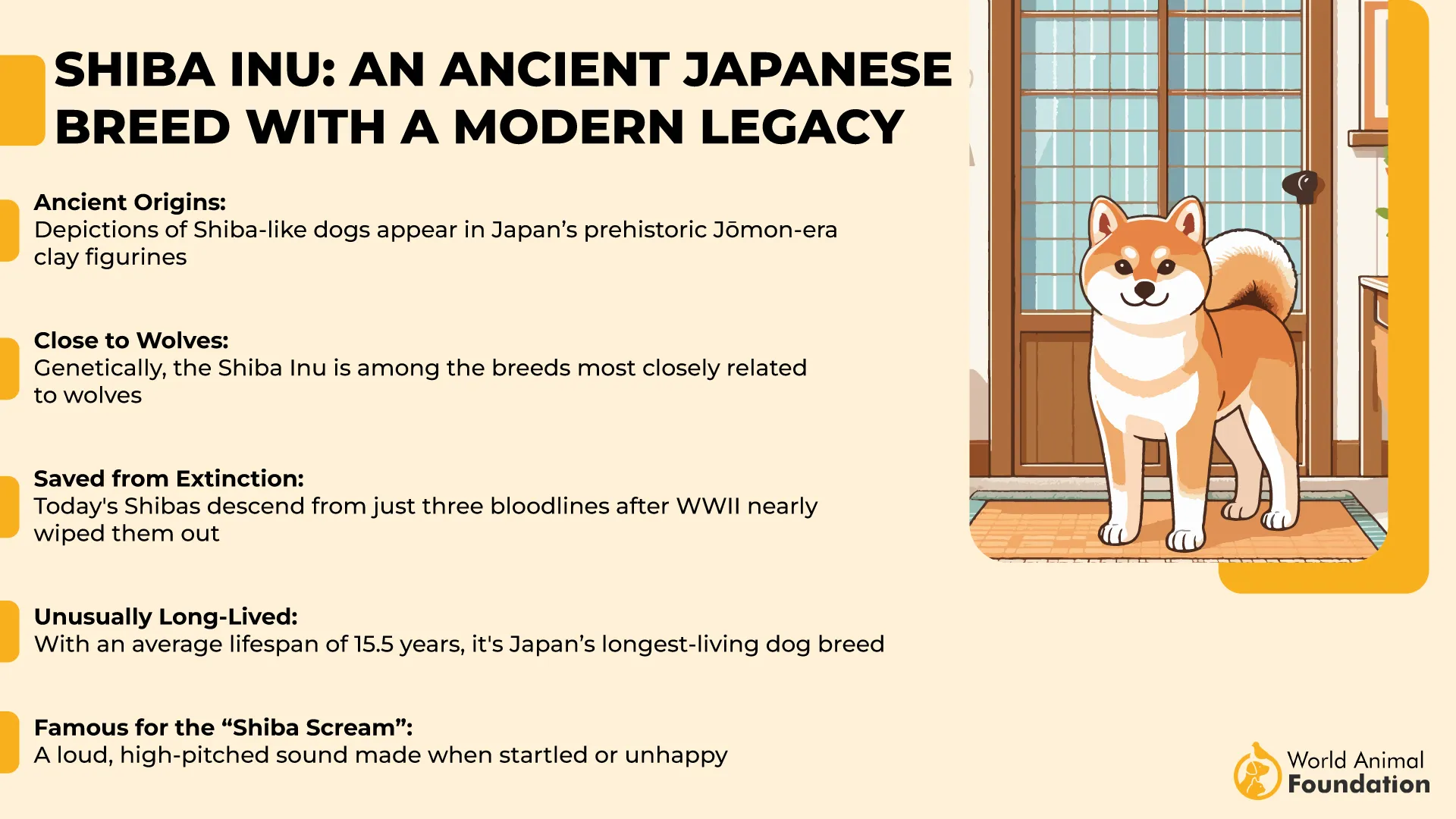
A Reserved Spirit: The Shiba Inu’s Unique Personality
The Shiba Inu carries a demeanor that can be described as both reserved and regal. While they are affectionate with their family, they often maintain a dignified distance from strangers.
This aloofness, combined with their strong-willed and sometimes stubborn nature, makes the Shiba Inu a breed that requires a firm but loving hand.
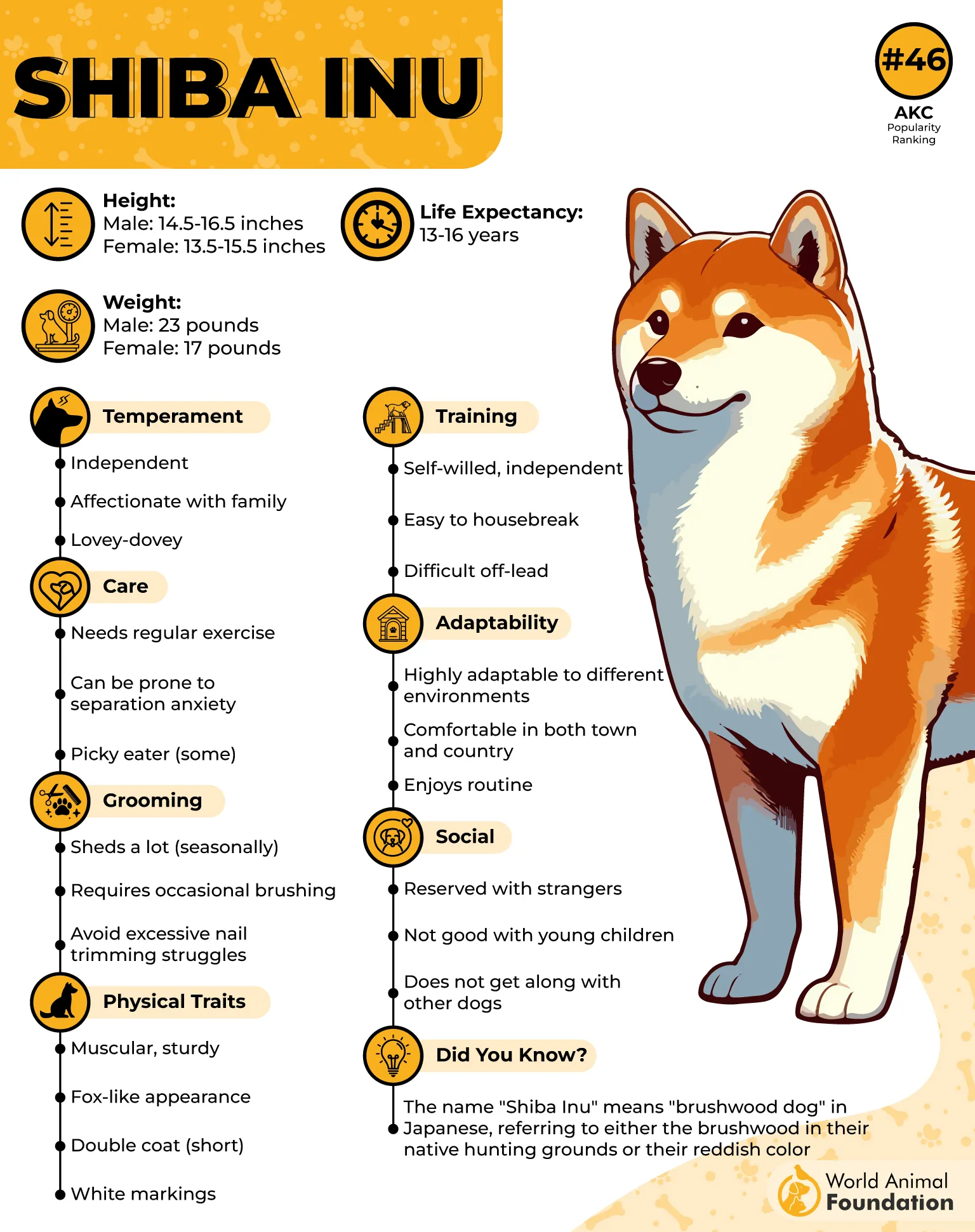
Training the Independent Thinker: Challenges of the Shiba Inu
Training a Shiba Inu requires patience and persistence, as their strong-willed personality often leads them to do things on their own terms.
Their intelligence can be a double-edged sword: while they are capable of learning commands, they often require consistent, positive reinforcement to keep their attention.
6. Chow Chow
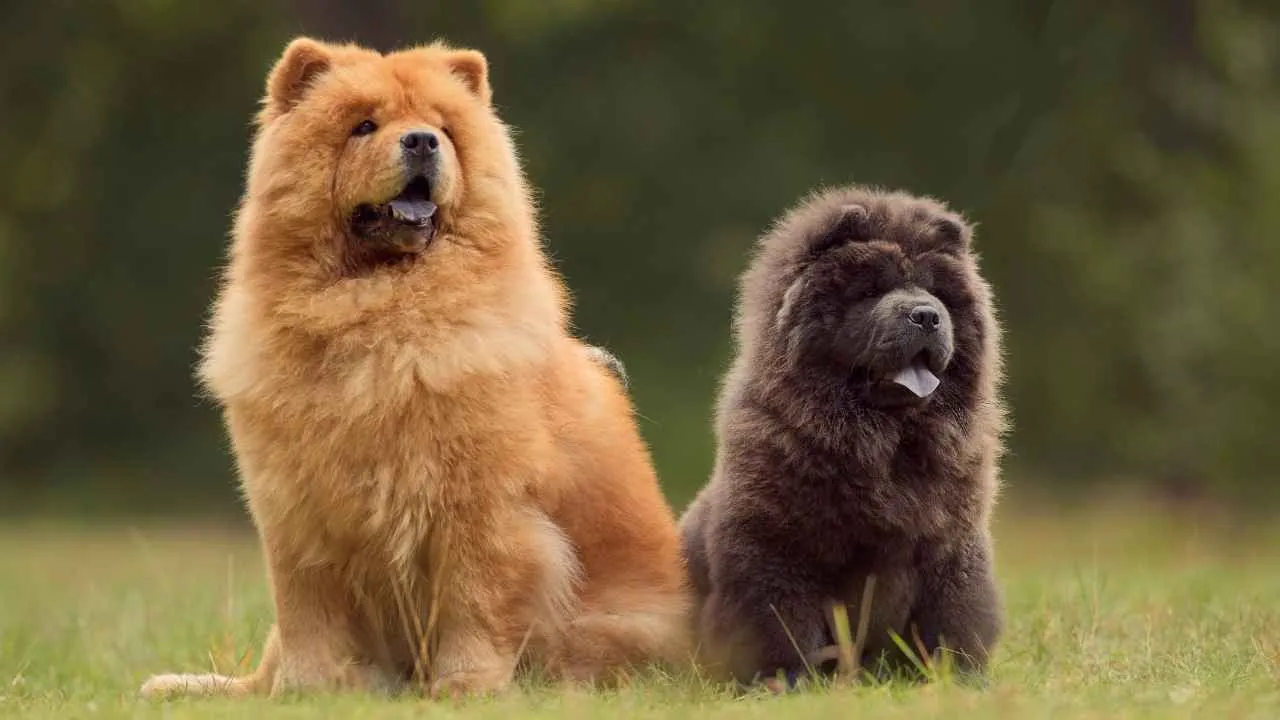
A Regal Heritage: The Ancient Legacy of the Chow Chow
The Chow Chow, with its dignified, lion-like appearance, is one of the oldest and most iconic dog breeds, tracing its roots back thousands of years to ancient China. Originally bred for various purposes—guarding, hunting, and even pulling sleds—these guard dogs have always carried an air of aristocratic nobility.
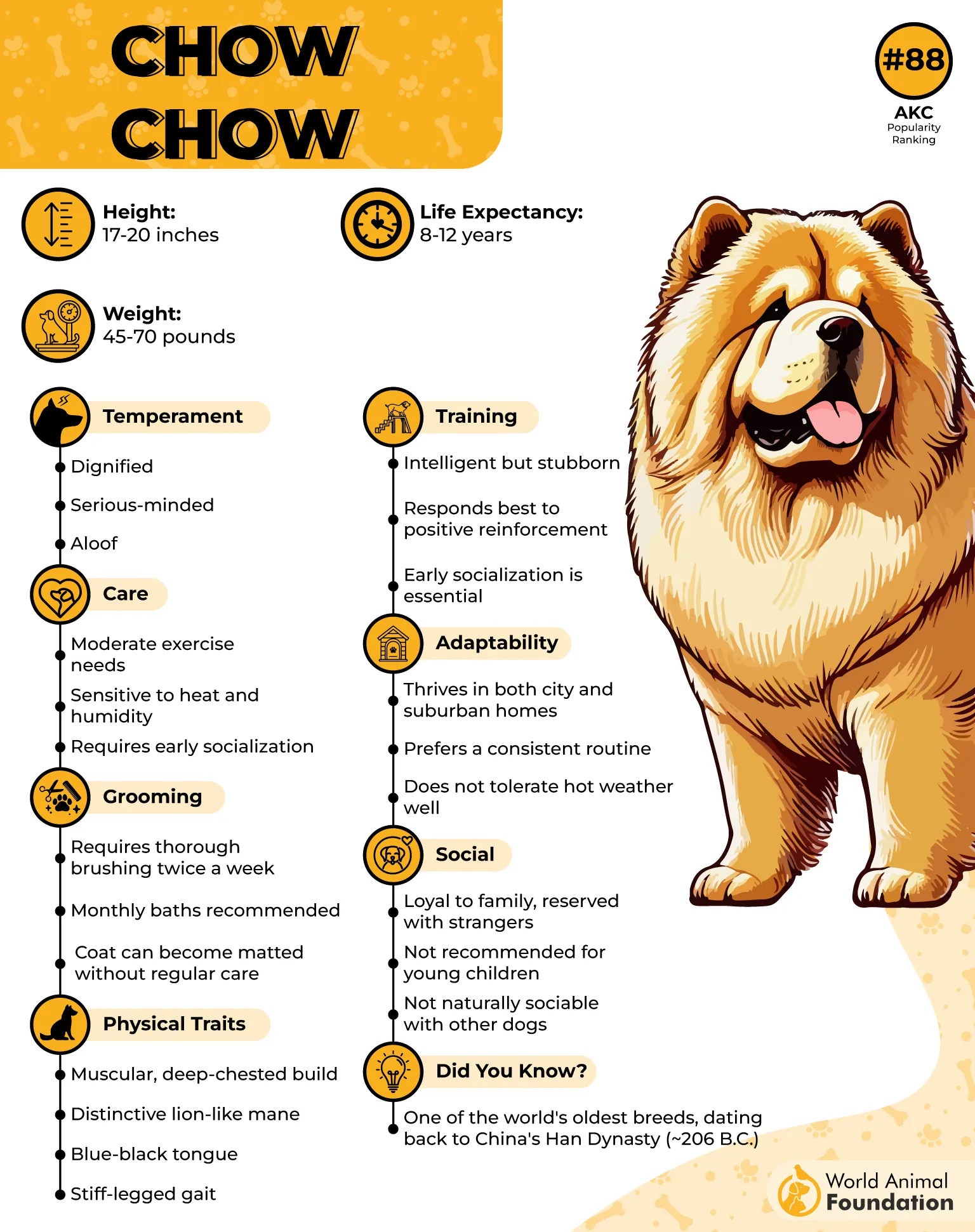
Quietly Aloof: The Chow Chow’s Distinct Personality
With their serious, almost scowling expression, the Chow Chow embodies aloofness and independence. Not one for overt affection, Chow Chows are deeply loyal dogs to their families but often remain reserved with strangers.
Their dignified manner may make them seem standoffish, yet beneath this exterior is a dog of quiet strength and devotion.
The Chow Chow’s Independent Nature
Training a Chow Chow is a unique challenge. Though intelligent, their strong-willed and independent personality often makes them more inclined to follow their own ideas than their owner’s commands. Early socialization is essential to prevent territorial tendencies, as Chows are known for their protective instincts.
7. Akita
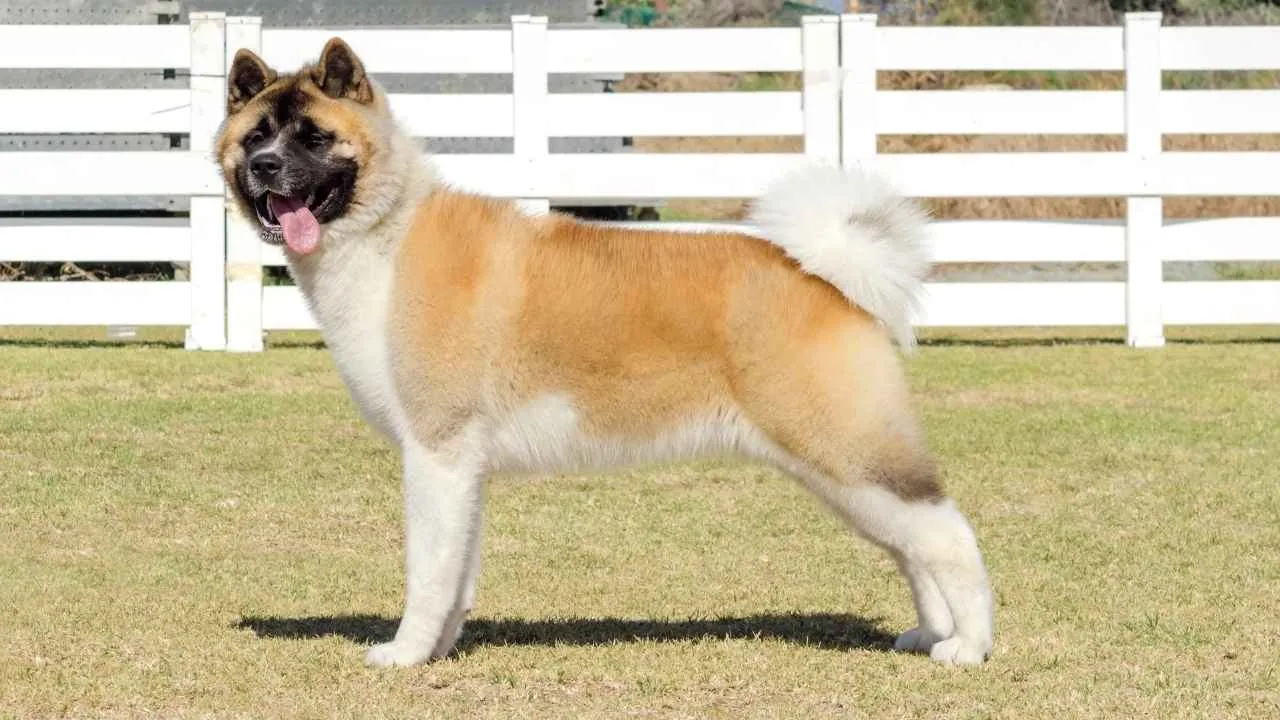
The Mighty Akita: A Noble Legacy of Guardianship
The Akita, a true giant among dogs, hails from the rugged landscapes of northern Japan, where it was bred for strength and resilience. Originating in the 17th century in the Akita Prefecture, the breed was developed through a fierce competition among noblemen to create the ultimate hunting dog.
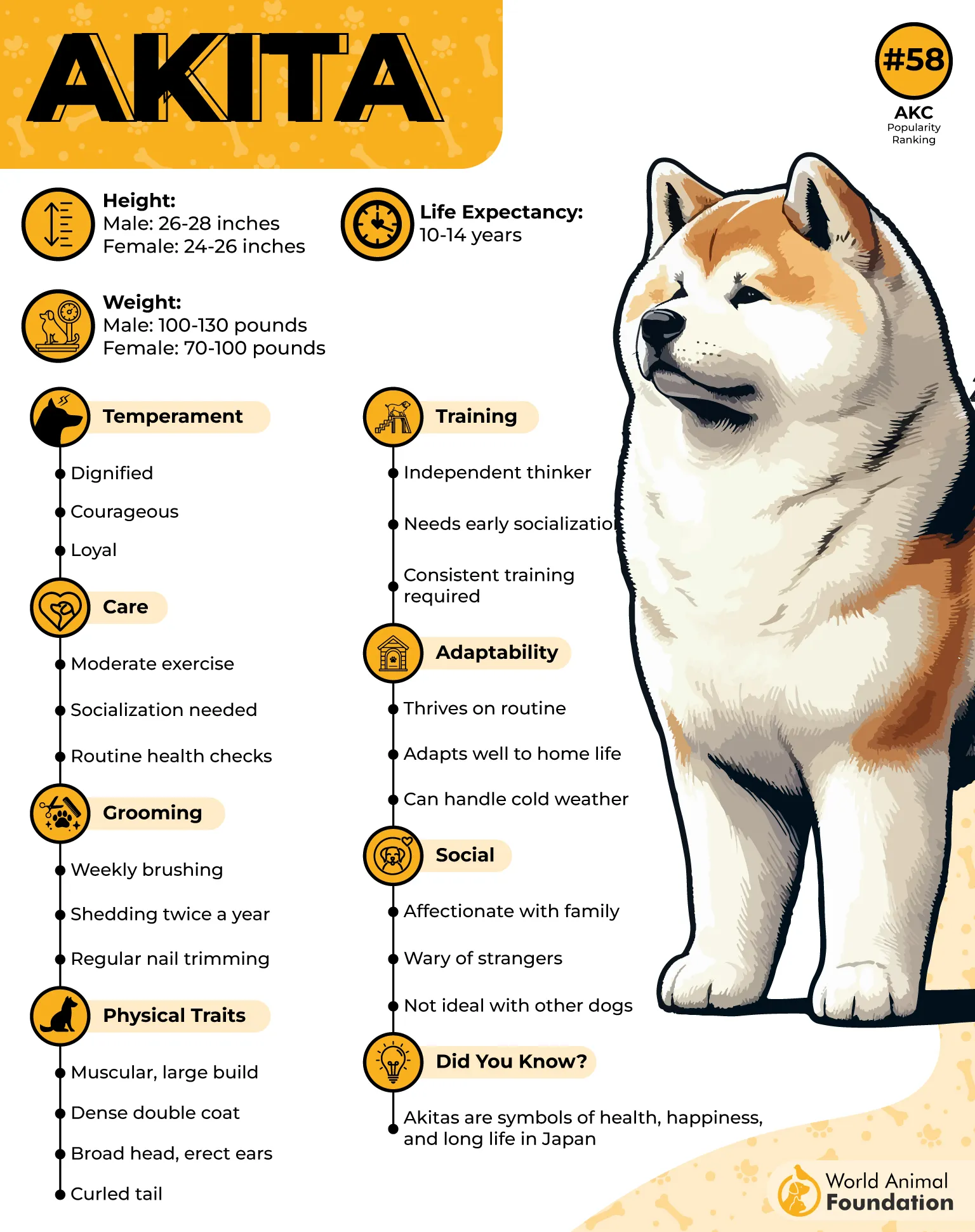
A Silent Sentinel: The Akita’s Reserved Nature
Though not known for bouncy enthusiasm, Akitas are calm, reserved, and dignified. These silent sentinels are fiercely protective of their families, making them exceptional guard dogs.
However, their aloofness toward strangers and occasional intolerance of other animals can make them a challenge in a multi-pet or child-heavy household.
The Akita’s Independence & Intelligence
Training an Akita is no easy feat. Their independent streak means they often prefer to think for themselves rather than follow commands.
Akitas require firm but gentle guidance—especially in socialization, as their protective instincts can lead to aggressive behavior without proper exposure to diverse environments and people.
Conclusion
When it comes to choosing a dog, many overlook the quieter, more gentle breeds that might not immediately grab attention due to their calm demeanor.
These dogs, often misunderstood, can form deep, unwavering bonds with their owners, making them ideal companions for families, seniors, and those seeking a peaceful home.
These breeds, despite their underestimation, thrive in environments where they can receive love, care, and attention. They may not have the flashy speed of a Greyhound or the loud personalities of other breeds, but they more than make up for it with their intelligence, sensitivity, and strong connection to their humans.
By giving these unique dogs a little patience and the right environment, they can truly shine as loyal, intelligent companions. Whether they are quietly resting in their favorite spot or enjoying a short walk, these overlooked breeds offer a world of love and devotion that many owners are lucky to discover.


